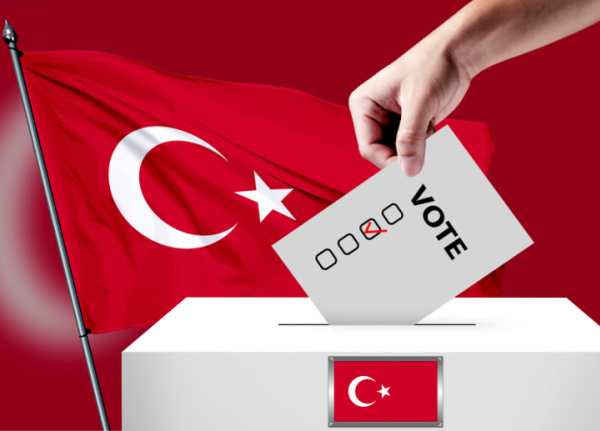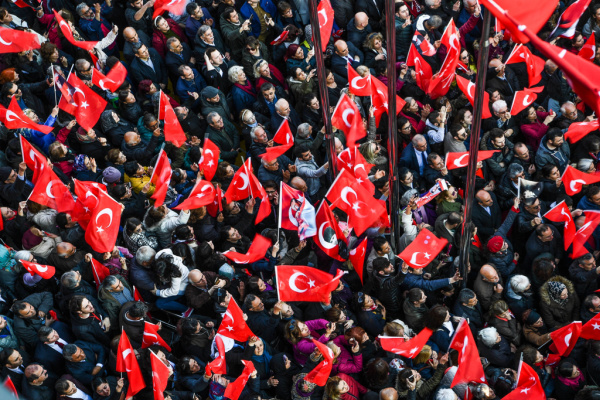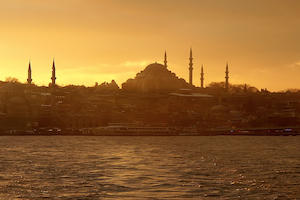The İmamoğlu sentence: Will Istanbul Share the Fate of Diyarbakır?
By Halil Karaveli
January 12, 2022
The political destruction of Istanbul mayor Ekrem İmamoğlu is ultimately meant to demonstrate that the alliance, supported by the Kurdish political movement, which carried him to victory in 2019, is not going to be allowed to repeat its success at the national level. In theory, the removal of İmamoğlu from office will enable the mainstream opposition to turn the presidential election into a referendum about popular sovereignty. However, to succeed it would have to convince voters in Diyarbakır, Mardin and Van that it is as sensitive about their sovereignty as it is about that of the electorate in Istanbul. This is unlikely as the right-wing nationalist Good party of the main opposition alliance resists democratic openings to the Kurds. The division between rigid statist-nationalism and popular democracy runs through the ruling alliance of the AKP and the MHP as well. To tip the balance in favor of popular democracy, Turkey needs a rearrangement of political alliances.

The Istanbul Bombing and Soylu’s Power Play
By Gareth Jenkins
November 22, 2022
The response of Interior Minister Süleyman Soylu to the deadly bomb blast in central Istanbul on November 13th has raised more questions than it has answered and intensified already widespread concerns about the possibility that elements in the state apparatus will ratchet up security concerns in the run-up to the next presidential and parliamentary elections, which are due to be held by June 2023 at the latest. By taking such a high public profile, Soylu also appears to have seized on the opportunity presented by the attack to try to boost his public standing -- which has been badly damaged by a string of revelations by exiled organized crime boss Sedat Peker -- and take advantage of President Recep Tayyip Erdoğan’s absence at the G20 summit in Bali to assert his claim to being the second most powerful person in the government and Erdoğan’s heir apparent.

Feeding the Beast: "Kanal Istanbul" and Crony Capitalism in Turkey
By Barış Soydan
February 19, 2020
Massive infrastructure projects have become the bedrock of the political economy of Turkey. With the projected building of a canal that would devastate Istanbul’s ecology, and which will vastly increase the budget deficit, the destructive consequences of the collusion of state power and business interests in Turkey risks reaching unprecedented levels. While Turkish crony capitalism requires new mega projects to survive, the Turkish political regime must keep feeding its cronies in order to retain its grip on the country. But the ultimate project of Turkish crony capitalism could spell the end of Istanbul.





